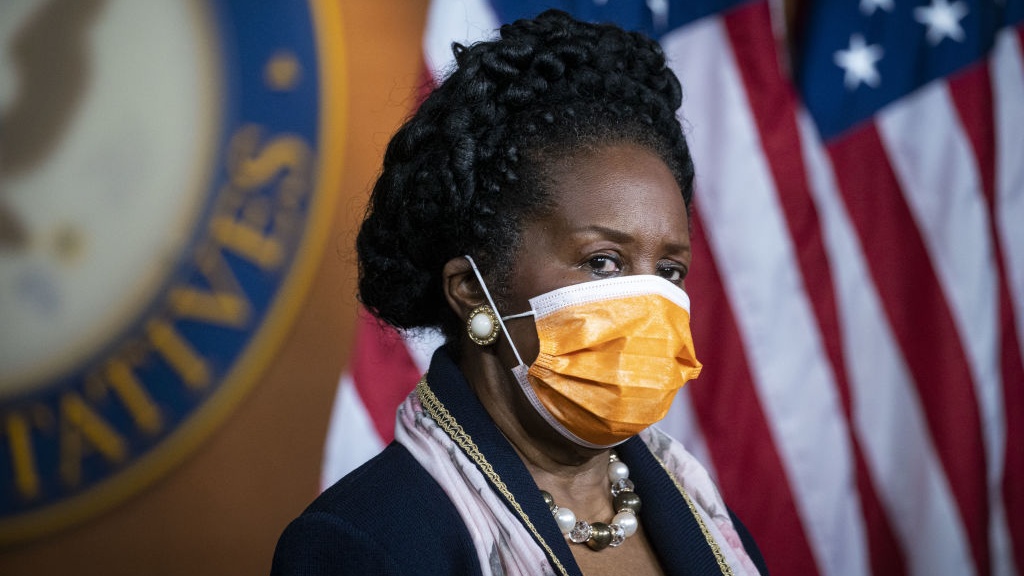After more than three decades of discussion, the House Judiciary Committee is set to vote on a bill that could lead to slavery reparations. The committee took the major step forward this week when it announced its plans to vote on Wednesday, CBS News reported.
U.S. Rep. Sheila Jackson Lee (D-TX) is the lead sponsor of the historic bill known as H.R. (House Resolution) 40. The measure, first introduced by the late Michigan Representative John Conyers, aims to establish a commission that would examine the effects of slavery and develop reparations proposals for Black Americans.
“This is what we call the next step,” Lee told CBS News. “America has never acknowledged the original sin, and that if you look at African-Americans today, the disparities that were entrenched in slavery still exist.”
Brooklyn Nets Edge Out Knicks for the Win
According to Human Rights Watch, the measure has been introduced at every congressional session since 1989. However, the bill has never before reached a committee vote.
“The centuries-long injustices of slavery and its legacy, fueling the persistence of racial inequality today, remain largely unaccounted for,” said Dreisen Heath, racial justice researcher and advocate at Human Rights Watch. “As states, cities, and other institutions pursue reckonings, Congress should step up to lead the nation in accounting and atoning for the ongoing impact of slavery. The committee vote on H.R. 40 is a crucial step in that direction.”
H.R. 40 gained momentum in 2019 when the committee held a high-profile hearing on Juneteenth, the day which honors the emancipation of enslaved Black Americans. Well-known figures such as actor Danny Glover, writer Ta-Nehisi Coates and U.S. Sen. Cory Booker (D-NJ) witnessed the hearing.
“As a nation, we have yet to truly acknowledge and grapple with the racism and white supremacy that tainted this country’s founding and continues to cause persistent and deep racial disparities and inequality,” Booker said at the hearing.
The discussion on reparations continued in 2020 as the pandemic took a disproportionate toll on Black communities and millions of people took to the streets following the killing of George Floyd.
As Blavity previously reported, the city of Evanston, Illinois, approved a reparations plan last month that provides up to $25,000 in grants to purchase or repair a home for eligible Black households. With a near-unanimous vote in the city council, Evanston became the first U.S. city to distribute reparations to Black Americans.

Recent Comments